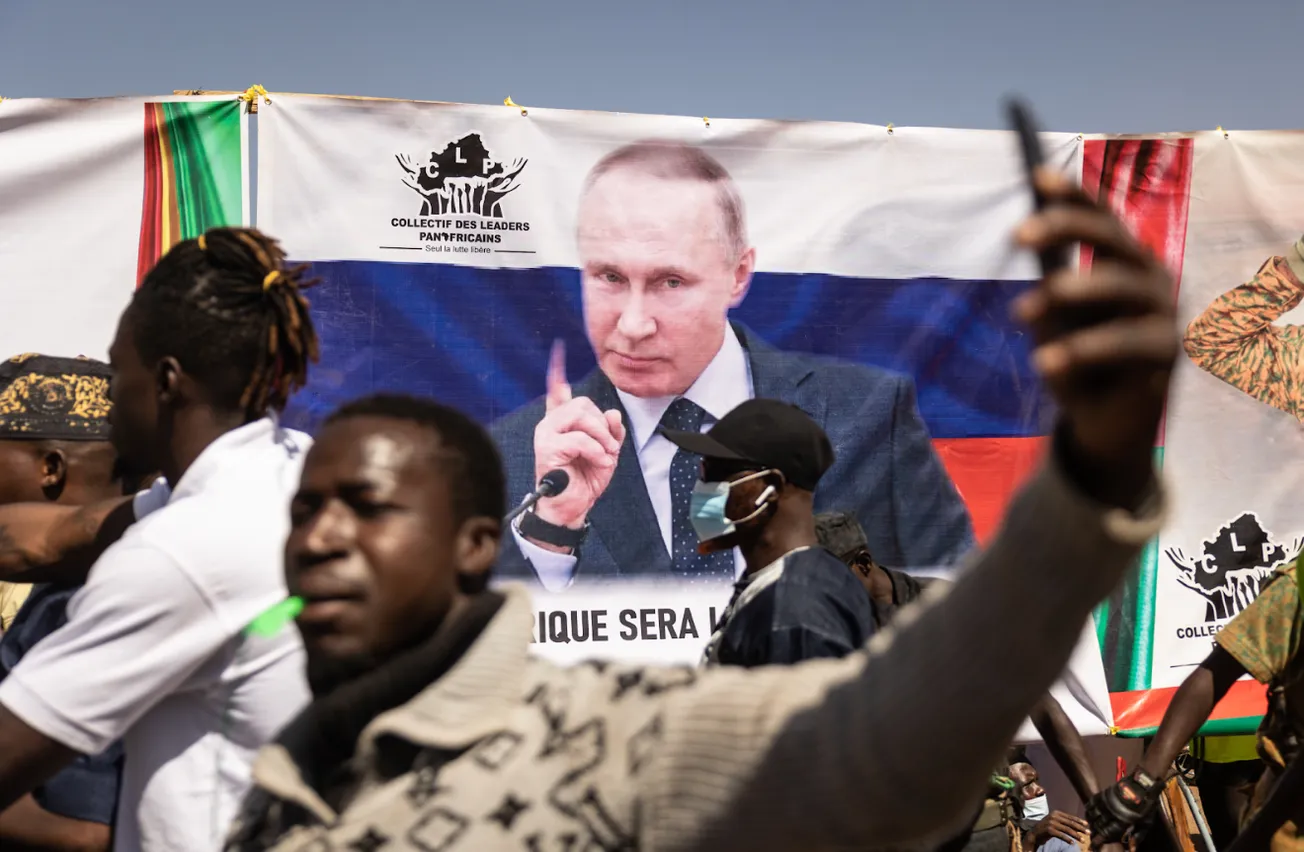Table of Contents
Facebook’s recent rebranding as Meta spurred renewed interest in the idea of a metaverse — an immersive digital world that allows for interpersonal interaction. The newly renamed company aims to refocus its efforts on creating metaverses for social life, work, and entertainment. A slew of other organizations, including both startups and tech bellwethers like Microsoft and Activision, have joined this effort.
If Meta’s goals are realized, individuals will presumably spend significant amounts of social and work time inside immersive digital environments, surrounded by people from all around the world in identical settings. Despite its seeming promise, this goal will have devastating impacts on cultures around the globe. The values of the Western elite — encompassing ideas from religion and culture to political correctness — are already being rapidly exported internationally through traditional social media, films, and American brands. If everyone across the globe spends their time in a single digital world shaped by those same Western elites, what cultural differences will still remain? We should discourage widespread adoption of the metaverse because it will hasten the decline of political and cultural diversity.
Economic globalization has played a critical role in building a consumer mono-culture. Brands and companies from global superpowers like the US and China dominate the consumption patterns of people — especially the elite — around the world. Huawei billboards fill airports across South America and iconic American fashion brands and music act as universal status symbols. These cultural exchanges are almost always unidirectional — economically and politically weaker nations adopt the languages and consumption patterns of stronger ones. Speaking English is seen as a ticket to success around the globe and trends that begin in the US are gradually exported abroad.
However, even amid this consumerist onslaught, countries have been partially successful in maintaining their distinct cultural and political values. These differences are evident even across the seemingly aligned Western liberal democracies. Elements of French society, for example, have forcefully resisted the growth and spread of contemporary American progressivism. One of the most powerful forces persevering distinct cultures and communities is their unique physical surroundings. When citizens of a country spend their days in local schools, cafes, and parks, they reinforce cultural ties with their fellow citizens and form a shared view of the world. Even beyond the people, unique culture is inextricably tied to material aspects of the physical world such as architecture, food, and music and the symbolism that they convey. Thus, the constant presence of these distinct material elements strengthens cultural ties within each region.
Adoption of the metaverse will fundamentally change this reality. Today, individuals can already communicate with anyone via chat or video call, but this medium is incredibly impersonal. Most people use digital communication as an inferior substitute for in-person interactions. But if metaverse technology continues to improve, people will truly be able to have social circles that extend beyond their local communities. Spending time in these spaces could even become required as companies encourage their employees to work from home and businesses like Meta, Microsoft, and others rush to provide metaverse services to fulfill these needs. In these digital venues, what will be the accepted custom for interaction, and what kinds of discourse will be tolerated?
In both these regards, elite American and European norms will prevail. This principle has already been played out to a lesser degree in international work norms and the culture of social networks like Instagram and Facebook. Almost all international business is conducted in English and social standards are driven by elite American speech codes. Social networks are moderated with American norms surrounding political correctness and acceptable speech.
The metaverse would follow a similar pattern on a much larger scale with much worse consequences. Given that American designers and companies — mostly representing the coastal elite — have a first-mover advantage, the most fashionable metaverse locations will likely have norms resembling those of New York or San Francisco. Content moderation would be more akin to banning an individual from physical spaces than taking down their tweet. One by one, each country’s unique values will disappear, diminishing the diversity of the ideas marketplace.
Just as free-market competition between companies with unique products and visions allows for the emergence of the best services and business models, competition between countries with distinct political cultures allows for the best forms of government and political administration to thrive. Simultaneously, the existence of diverse political and cultural models allows those that are discontent with their surroundings to leave in search of better ones. In this way, diversity is our strength. A fully realized metaverse will undermine this diversity by exacerbating the existence of universal groupthink and cultural homogeneity. Ultimately, this new vector for globalization brought on by the metaverse would have devastating effects on human culture.









